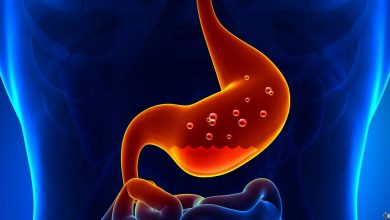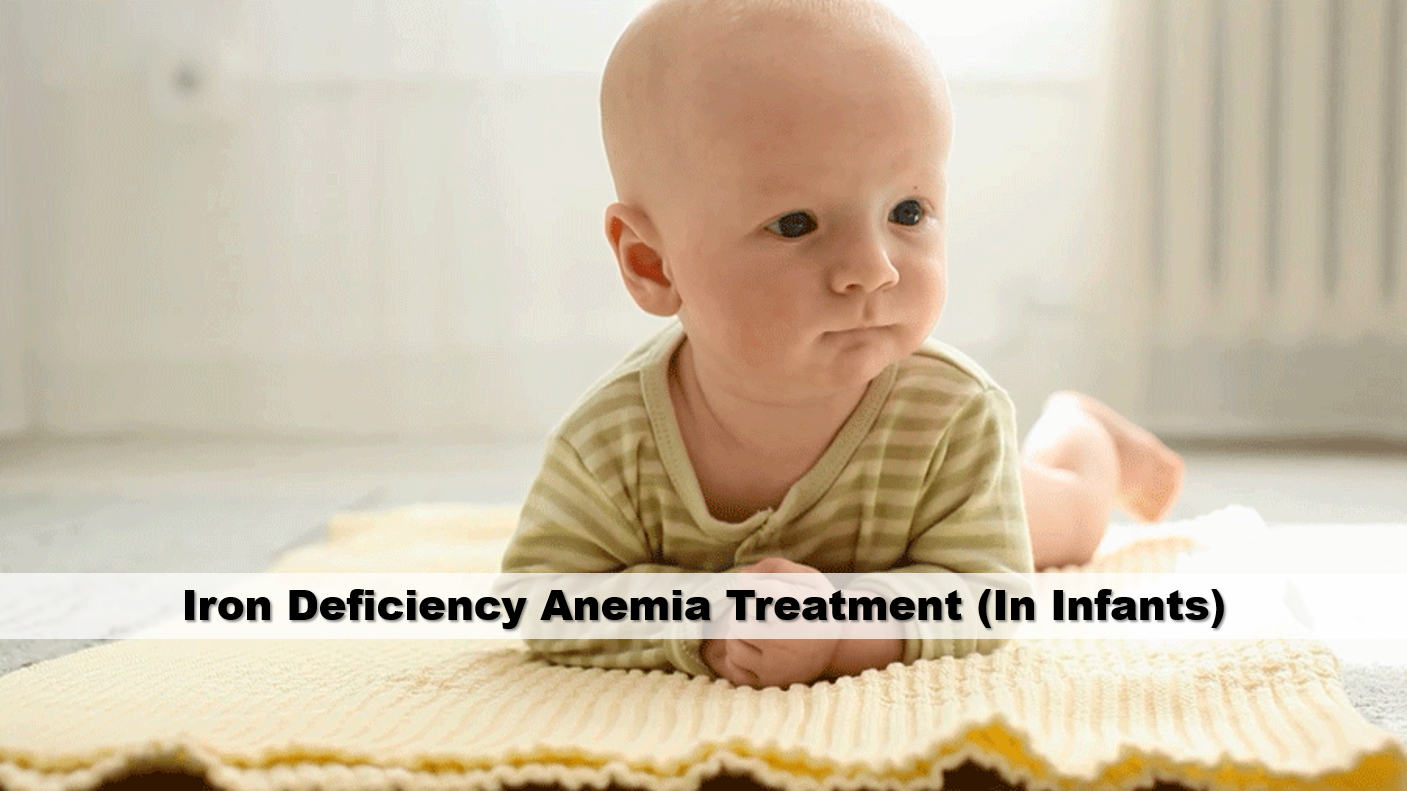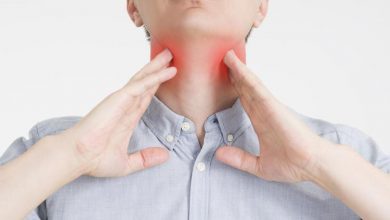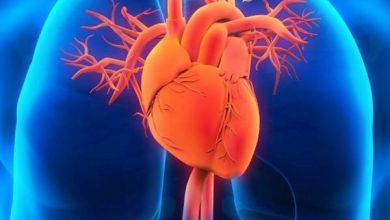Menopause Causes and Symptoms.
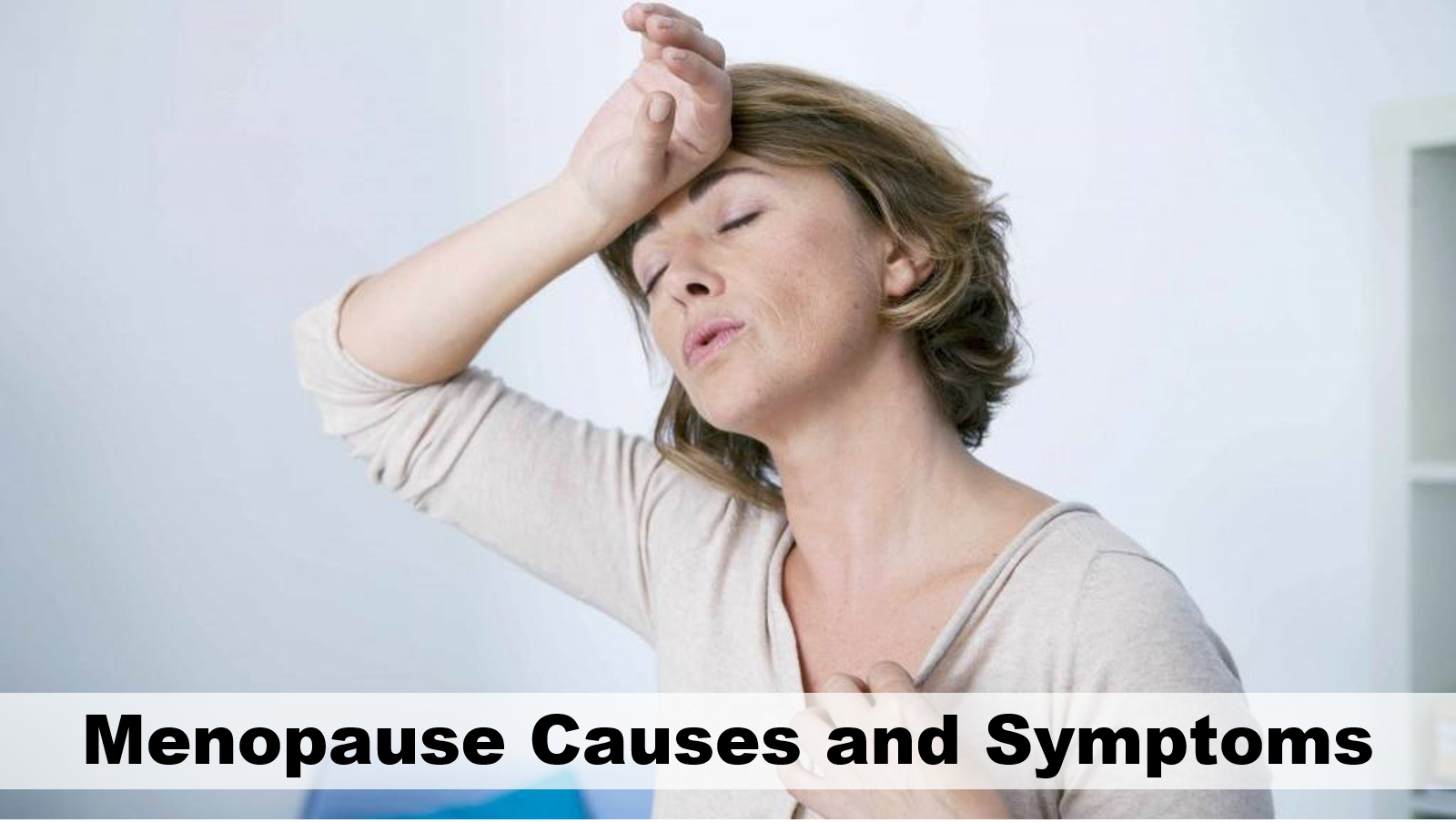
Menopause Causes and Symptoms. Menopause is the time when your menstrual cycles end. Menopause is a natural transition period for every woman. On average, one-third of a woman’s life goes through menopause, and the age of menopause in women has not changed much since ancient times and is around 45 to 55 worldwide. Among the questions about menopause, the symptoms of menopause in women have great importance. There is also no exact answer to the question of how long the menopause period lasts in women. It differs in each woman. Here, we will explain menopause causes and symptoms in the following text.
Menopause
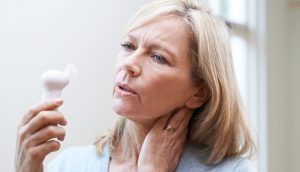
The word menopause is derived from the Greek word men (moon) and pause. Menopause is a period of life just like infancy, adolescence, and sexual maturity. During the menopause, the number of follicles in the ovaries decreases, and therefore estrogen production decreases. Over time estrogen production is discontinued, and the ovaries become smaller. As a result, the menstrual cycle is interrupted, and reproductive ability is lost. The menopause is divided into three periods according to the classification of the World Health Organization.
- Perimenopause: It covers the period from the first symptoms to menopause. Follicular activity in the ovaries slows down. Periods become irregular. This process may take several months or years.
- Menopause: The last menstruation.
- Postmenopausal: It covers 6-8 years from menopause to old age. For a woman to be postmenopausal, she has not had menstruation for 12 months.
Menopause Causes
- Natural menopause
- Premature (Early) menopause: Menopause that occurs before the age of 45 is called early menopause. It may occur due to autoimmune diseases, radiotherapy, chemotherapy, infections, environmental causes, abortion and miscarriages, frequent pregnancy, obesity, hypothyroidism.
- Surgical menopause: Some operations may cause premature menopause. If the ovaries of a woman are menstruating surgically, menstruation is cut and menopause develops. Radiation therapies can lead to menopause.
Menopause Symptoms
In the months or years before menopause (perimenopause), you may show signs and symptoms such as:
- Irregular periods
- Vaginal dryness
- Hot flashes
- Night Sweats
- Sleep disorders
- Mood swings
- Gaining weight and slow metabolism
- Dry skin
- Changes in the breast
Menopause Treatment
Menopause does not require medical treatment. Instead, treatments are used to alleviate signs and symptoms and to control or prevent chronic conditions that develop with aging. Treatments may include:
- Hormone Therapy: Estrogen therapy has long been the most effective treatment for relieving menopausal flashes. Depending on your personal and family health history, your doctor may recommend the lowest dose of estrogen you need to relieve symptoms. Estrogen also prevents bone loss. Hormone therapy is also beneficial to your heart if it is started within five years of your last menstrual period.
- Vaginal Estrogen: To relieve vaginal dryness, estrogen can be administered directly to your vagina in the form of tablets, rings, or creams. This treatment allows the secretion of estrogen in very small amounts absorbed by the vaginal tissue. It helps relieve the uncomfortable condition of vaginal dryness and some urinary symptoms during intercourse.
- Low-dose antidepressants: Certain antidepressants from a group of drugs called selective serotonin reuptake inhibitors (SSRIs) may reduce the effect of flashes of menopausal fever. A low-dose antidepressant that controls flushes can help a patient who doesn’t get estrogen for health problems or needs antidepressant because of mood disorder.
- Gabapentin (Neurontin): Gabapentin is used to treat crises, but it has also been shown to reduce flushes. This drug is useful for women who are unable to take estrogen therapy or have a migraine.
Stop Smoking
Do not smoke. Smoking increases the risk of heart disease, stroke, osteoporosis, cancer, and many other health problems. It also increases hot flashes and can cause early menopause. Apply a balanced diet that contains plenty of fruits, vegetables, and cereals and restricts sugar with saturated fats and oils.
10 Amazing Benefits of Ginger Essential Oil

